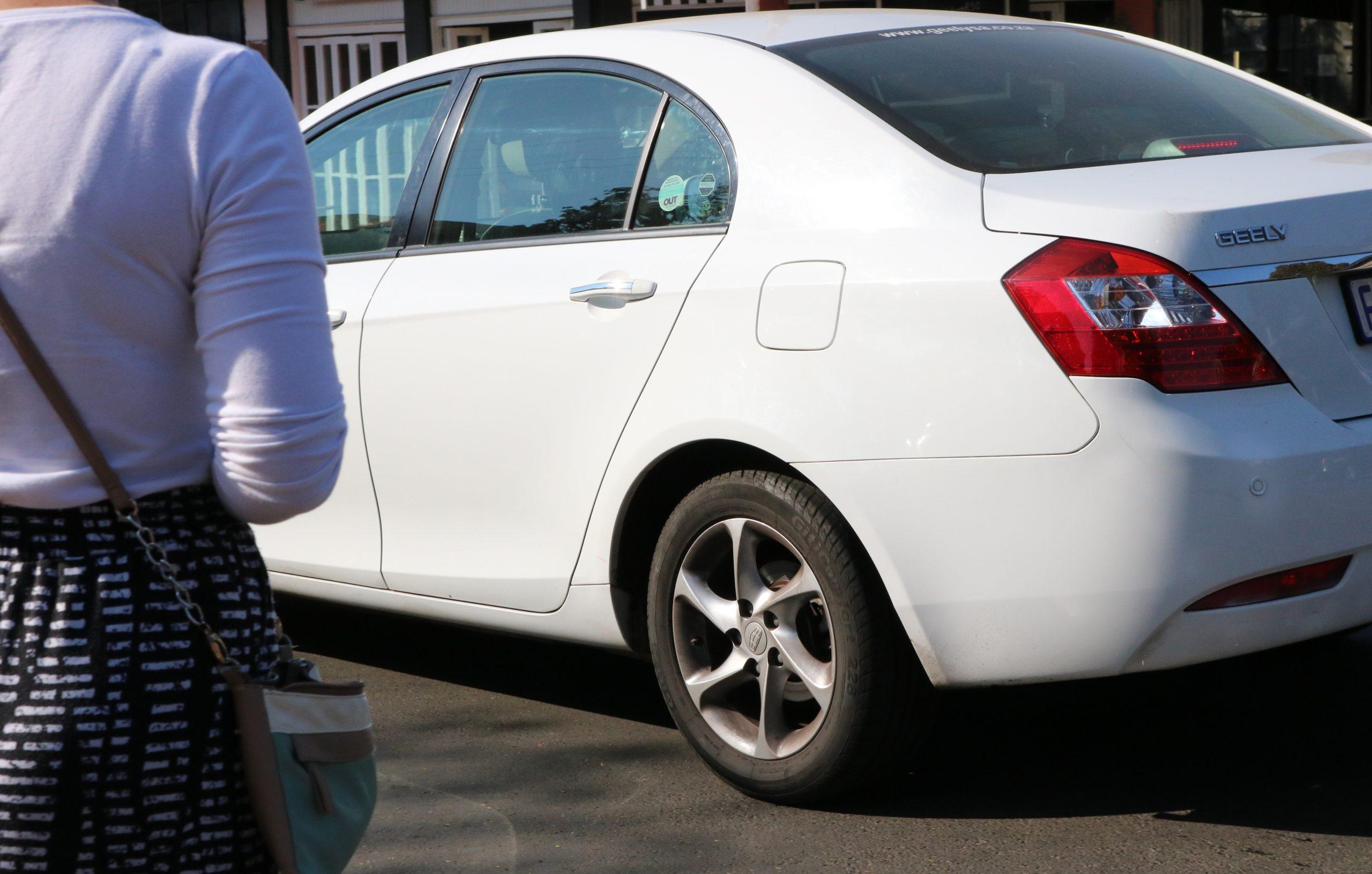Shell, a 48-year-old Capetonian and driver for the ride-hailing company Uber, has found work as an Uber driver in South Africa to be a bumpy ride. Shell asked that his real name not be used.
“Uber guys struggle because the work is scarce,” said Shell, who has been working for the company for over two years.
The problem, Shell said, is not a lack of customers but too many drivers.
“There are so many Uber cars on the road at present,” Shell said. “Back in the day, it was easy to get rides, but every year, Uber adds an amount of cars into the system, onto the platform, so that in itself makes it difficult year after year.”
Shell holds a Ph.D. in systematic theology and ethics. Unable to find a job for seven years in a country where, unemployment is, at least 27 percent, he began working as an Uber driver in 2015.
Uber’s history in South Africa is not without controversy. Since its arrival in the Johannesburg area in August 2013, the company has run into conflict with taxi companies, governmental licensing departments, and now, with its own drivers.
In protests around the country, drivers are demanding the company lower the 25 percent commission rate that Uber gets for each ride to 20 percent as well as offer benefits like sick days and paid vacations.
Lindelani Ramudingaui, 28, has been driving for the company in the Johannesburg area for the last nine months. He finds the problem to be a combination of an increasing number of drivers on the platform and decreasing efforts on the company’s part to account for rising petrol costs and inflation.
“It’s just there are a lot of cars on the road,” Ramudingaui said. “It’s hard to make money.”
Tebogo, a 41-year-old Johannesburg native who declined to give his last name, said he understands the Uber cooperation to be in a difficult spot as well, particularly because of higher petrol prices.

“You see a driver pushing his car into the garage sometimes because he’s out of gas,” Tebogo said.
But Tebogo said he understands passing costs onto the riders isn’t a solution, either.
“You are not going to use Uber then,” he said. “That’s the problem. That would only keep business away.”
A company spokesperson at the Johannesburg area location declined to comment, but Uber posted a June 7 response to the recent protests on the company’s blog that praised its drivers but avoided specifically addressing their concerns.
“We recognize that you’re also a mother, father, athlete, entrepreneur, or even an aspiring musician. You’re a driver and so much more,” the post stated.
For drivers like Shell, it isn’t recognition that they are demanding from the company.
“It’s only the element of compensation,” he said. “If they can reduce the amount of compensation from 25 back to 20 that would be helpful.”
Ultimately, though, many of Uber’s drivers need their jobs, either a primary sources of income or to enhance income from other jobs.
Phel Mpala, originally from the Johannesburg area and now a driver in and around Cape Town for the last two years, works both as a carpenter and as driver for Uber.
“It’s a good opportunity for [the unemployed] to get some jobs,” Mpala said.














































